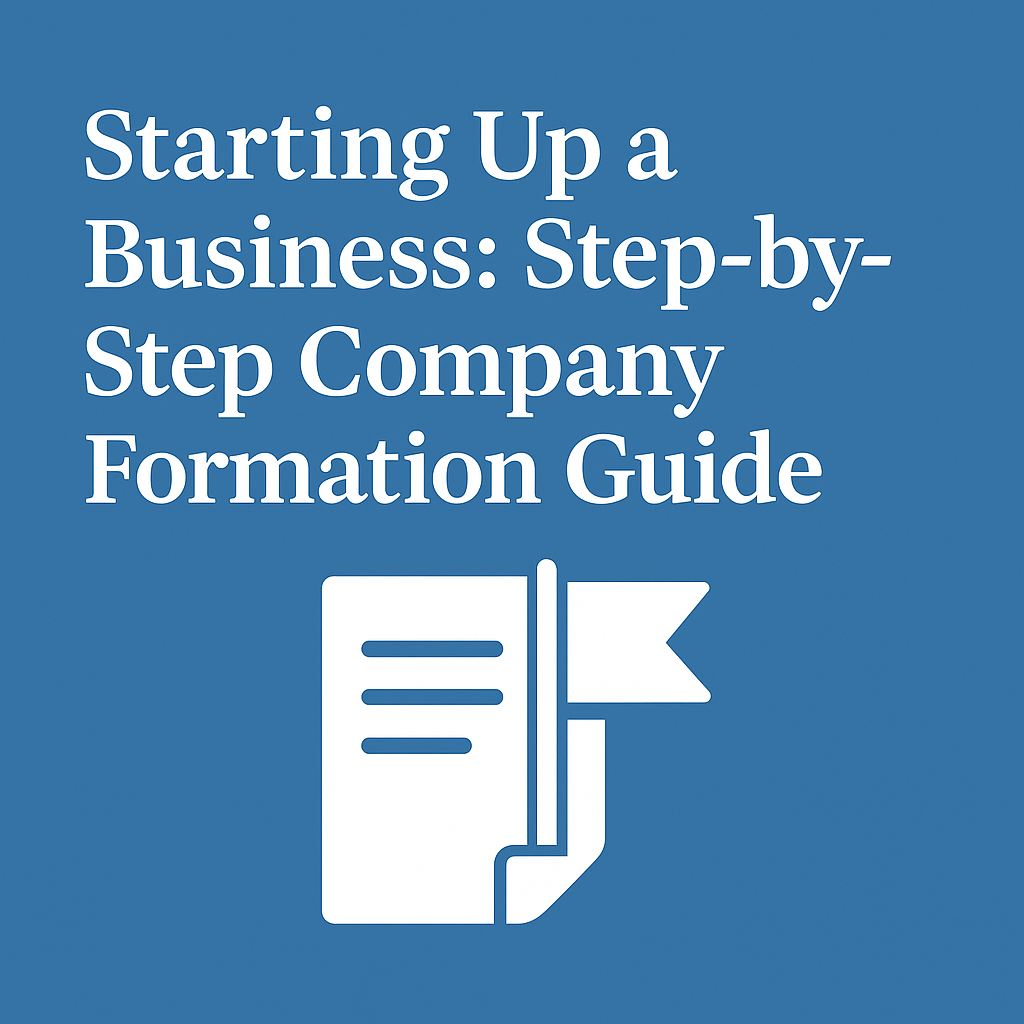Self Assessment Tax Return Checklist for 2025
Self Assessment Tax Return Checklist for 2025
Updated 17/07/2025
Filing your Self Assessment tax return can feel like a daunting task, especially if you're self-employed, a landlord, or a company director. With the January 31st deadline always looming, it's important to stay organised and understand exactly what HMRC expects from you. This comprehensive 2025 checklist will walk you through the full process of preparing, completing, and submitting your tax return on time—while maximising allowable expenses and avoiding common pitfalls.
Who Needs to File a Self Assessment Tax Return?
You must file a Self Assessment tax return if you:
Are a partner in a business partnership
Are a company director
Receive untaxed income (e.g., from rental properties, dividends, or investments)
Have income over £100,000 (even if through PAYE)
Are claiming child benefit and your income exceeds £50,000 (High Income Child Benefit Charge)
Need to report capital gains, foreign income, or pension contributions
More people are required to file than often realise. For example, if you're a freelancer with just one or two clients and a modest income, you're still expected to complete Self Assessment if you earned over £500 in the tax year.
Key Deadlines for the 2024/2025 Tax Year
April 6, 2024 — Start of the tax year
October 5, 2025 — Deadline to register for Self Assessment if you’ve never submitted before
October 31, 2025 — Paper tax return deadline
January 31, 2026 — Deadline for online filing and payment of tax due
Filing late leads to automatic penalties starting at £100, with additional daily charges and interest accumulating over time, capped at £1200. HMRC doesn't accept many excuses—so preparation is key.
Your 2025 Self Assessment Checklist
Use this checklist to make sure you have all the documentation and information needed.
1. Personal Details
National Insurance number
UTR (Unique Taxpayer Reference)
Government Gateway login credentials
2. Income Information
Employment income (P60, P45, P11D forms)
Self-employment income and expenses
Rental income and related expenses
Bank interest (from savings)
Dividends and share income
Foreign income (if applicable)
Pension income
Any other untaxed income
3. Allowable Expenses (Self-Employed or Landlords)
Office or home office costs
Travel expenses (mileage, fuel, transport)
Equipment and supplies
Insurance and utilities
Business phone and internet costs
Professional fees and subscriptions
Marketing and advertising
Rent and property maintenance (for landlords)
Many taxpayers forget to claim certain deductions—like using part of your home as an office, or car mileage. Keep receipts and spreadsheets updated throughout the year.
4. Student Loans, Benefits & Other Factors
Student loan repayments
Child benefit received (for income > £50,000)
Gift Aid donations
Private pension contributions
Capital gains or losses
These additional factors impact your final tax calculation and may trigger other charges.
5. Review and Accuracy Check
Cross-check income figures with bank statements
Double-check against last year's return for consistency
Review business expenses and categories
Use accounting software or consult your accountant
A minor error can result in penalties or HMRC inquiries. Many people choose to use an accountant to avoid mistakes, especially when dealing with multiple income sources.
6. Submitting Your Return
Use HMRC’s online portal or accounting software
Print/save a copy of your return for records
Pay the amount due via bank transfer or card by Jan 31
You can also make advance payments towards your next tax bill (called "payments on account") if your bill is over £1,000.
Common Mistakes to Avoid
Missing the deadline: Even one day late triggers a £100 fine
Overlooking income: HMRC can cross-check using your NI and banking data
Guessing expenses: Estimate too high and you risk fines
Not claiming all deductions: Leaving money on the table
Filing paper returns too late: Paper deadline is 3 months earlier than online
What If You Can’t Pay the Tax You Owe?
If you can't pay your tax by the deadline, don't ignore it. Contact HMRC and request a "Time to Pay" arrangement. You may be able to pay in instalments, and interest will be lower than penalties.
More details: https://www.gov.uk/difficulties-paying-hmrc
Getting Help
You can file your return yourself, but many people benefit from using an accountant. A qualified tax advisor can:
Maximise your deductions
File accurately and on time
Help you plan your taxes for the next year
Avoid penalties and interest
Clear Blue Sky Accountancy is here to help you stay compliant, stress-free, and financially efficient. Book your Self Assessment check-up with us and we’ll take care of the rest.
Final Tips for 2025
Start early—don't wait until January
Keep a spreadsheet or app updated monthly
Digitise your receipts and documents
Use cloud accounting software like QuickBooks, FreeAgent, or Xero
Remember: tax doesn’t need to be stressful if you stay ahead of it. Use this checklist as your annual guide, and you’ll glide through the Self Assessment process.
Need help or want to outsource the hassle? Contact Clear Blue Sky Accountancy at hello@clearblueskyaccountancy.co.uk
RELATED CONTENT
Cash Flow vs Profit
How to Pay Yourself Tax-Efficiently as a Business Owner
Cloud Accounting Can Save You Time and Money
Tax Planning Tips
What to Expect From Your Accountant (and What They Expect From You)
How to Prepare Your Business for HMRC Investigations











